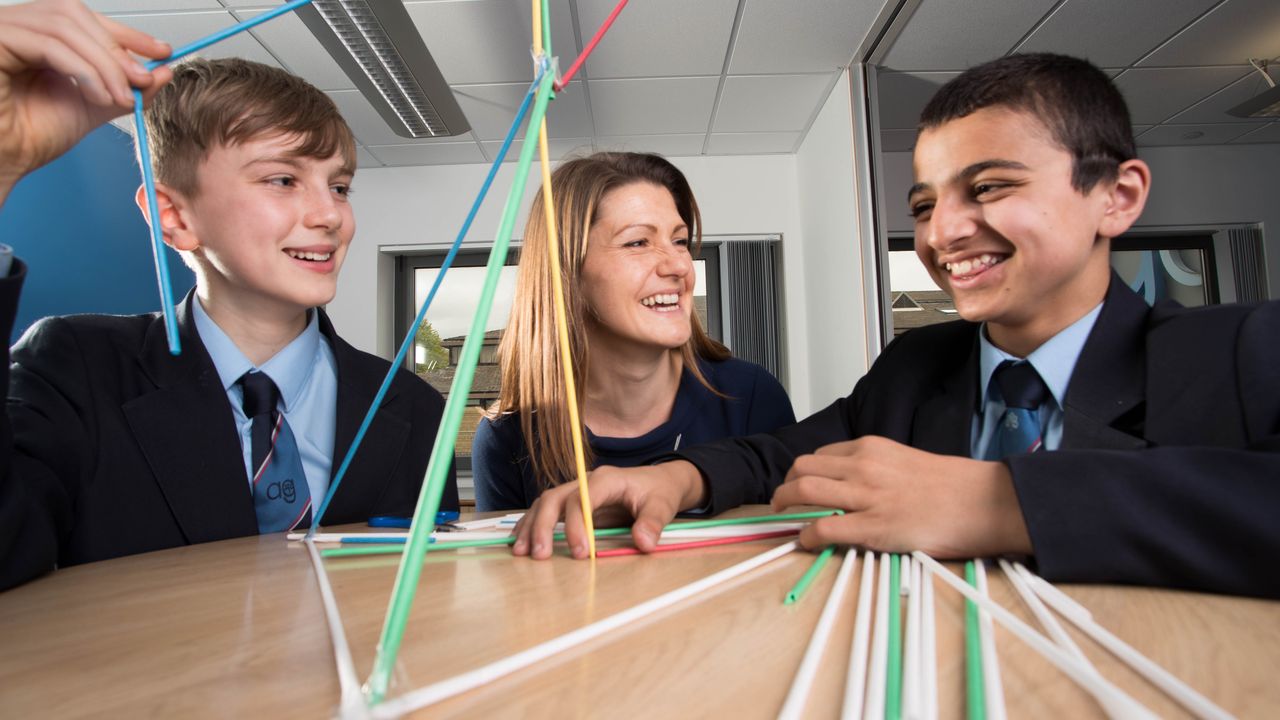So much science, so little time: getting your content covered with LbQ
Science teachers are still feeling the effects of the new NC. Find out how LbQ could help.

“The scope and nature of their study should be broad, coherent, practical and rigorous, so that students are inspired and challenged by the subject and its achievements.” DfE Science programmes of study: KS4
In theory, it was effective and needed in order to shake the teaching of secondary science up. In reality, the implementation of the 2014 Science Programme of Study continues to make ripples of difficulty 4 years after its creation.
The new National Curriculum for all the sciences brought with it a huge amount of new content that required a wider and deeper exploration of topics and even new approaches. Easy peasy, lemon difficult.
Change by osmosis?
When changes are made to Programmes of Study, teachers across the country take a collective deep breath and steal time where they can to improve their own subject knowledge whilst continuing the good work they do day-to-day. Teachers are usually provided with resources that run alongside changes to the curriculum and examinations to support them through the transition. But with so many changes made to the teaching of science in 2014, resources were and continue to be scarce.
Teaching yourself, again
One of the loveliest things about teaching is the opportunity to learn constantly. But when the new information is integral to the progression of your students and it needed to be learnt yesterday, it is far from lovely. More science content to teach and new approaches meant that science teachers had to re-learn entire topics, make changes to resources and shake-up their methods of teaching, all without the time, and for some the specialist knowledge, to do it.
Take the topic of ‘energy’ as an example. Physics teachers knuckled down, re-learning their approach to the teaching of energy, breaking down their own misconceptions, owing to their own mis-education at school. It was a challenge, but specialist knowledge in physics gave them a fighting start.
Non-specialist teachers were left adrift, with no time to even get to grips with new terminology. The result? Specialist teachers teaching the new way, attempting to overcome old misconceptions; non-specialist teachers teaching the old way with all the old misconceptions; and students scratching their heads at every change of science teacher. Kind of like putting out a fire with petrol.
The solution
The problems facing non-specialist teachers are threefold. The combination of a wider breadth of content to cover, the lack of time to re-learn topics and new approaches to teaching makes for a hot mess for all involved.
Learning by Questions is an online learning resource that provides the desired breadth of curriculum content required and outlined by the Programmes of Science for both KS3 and KS4. Utilising the skills of in-house science specialist teachers, LbQ has produced engaging Question Sets that cover all requirements of the curriculum.
LbQ’s Science Question Sets require students to have a depth of understanding of a topic before moving on: a mastery approach. There are also Science Practise Question Sets that enable students to embed concepts they have learned.
We asked LbQ’s Science Lead, Elisabeth Pugh, how Question Sets are created and how she sees the potential of LbQ to make a real difference in science classrooms:
“I know from my own experience as Head of Science that finding specialist science teachers, physics in particular, is a real challenge. The reality of that means non-specialist teachers teaching really difficult concepts, using language that is not only new for students, but teachers alike.”
“At LbQ, helping teachers in any way we can is central to how we plan and create our resources. The Science Question Sets can be trusted to follow the DfE’s Programme of Study, but also incorporate the teaching of that tough new vocabulary needed to master the sciences.”
“There is so much content to cover in science. LbQ can alleviate some of the overwhelming nature of that, as well as provide students with individualised and immediate feedback that helps them to progress.”
If you’re interested in LbQ’s secondary Question Sets or would like to know how Elisabeth and her team are approaching KS2 science, come and visit us at BETT, Stand F160 from the 24th January to the 27th January 2019.